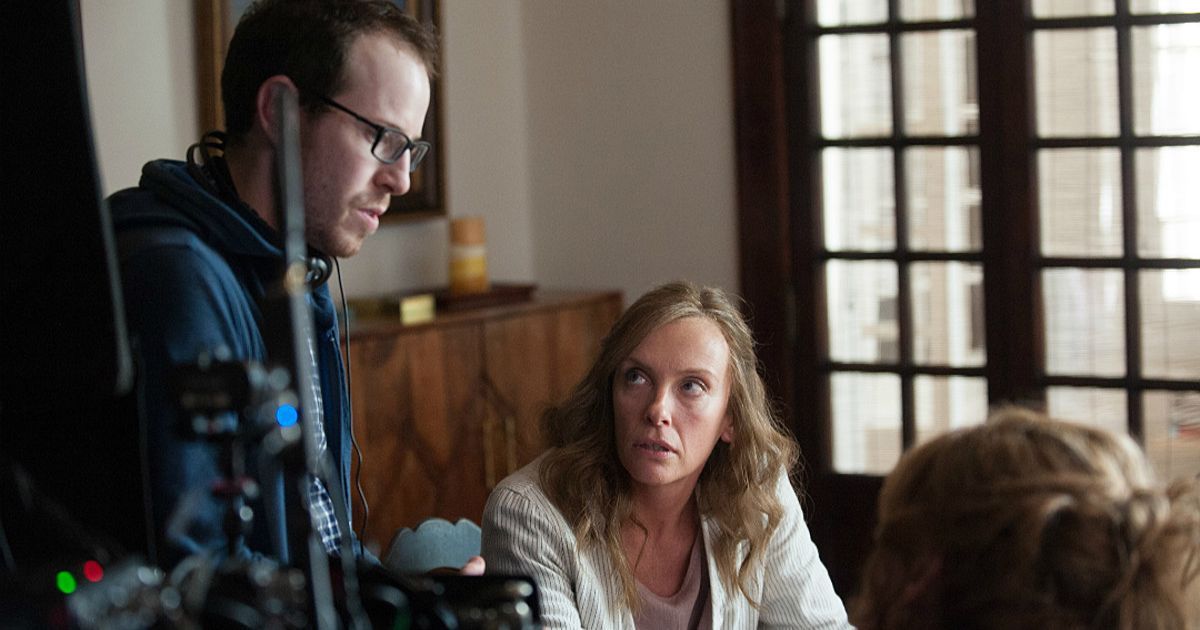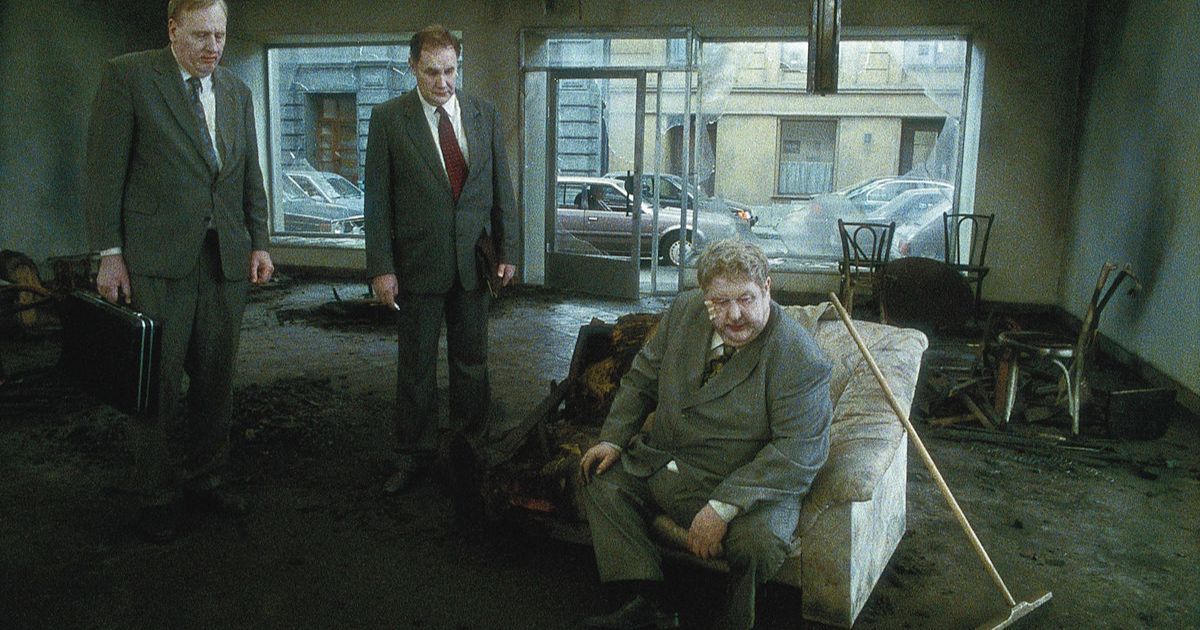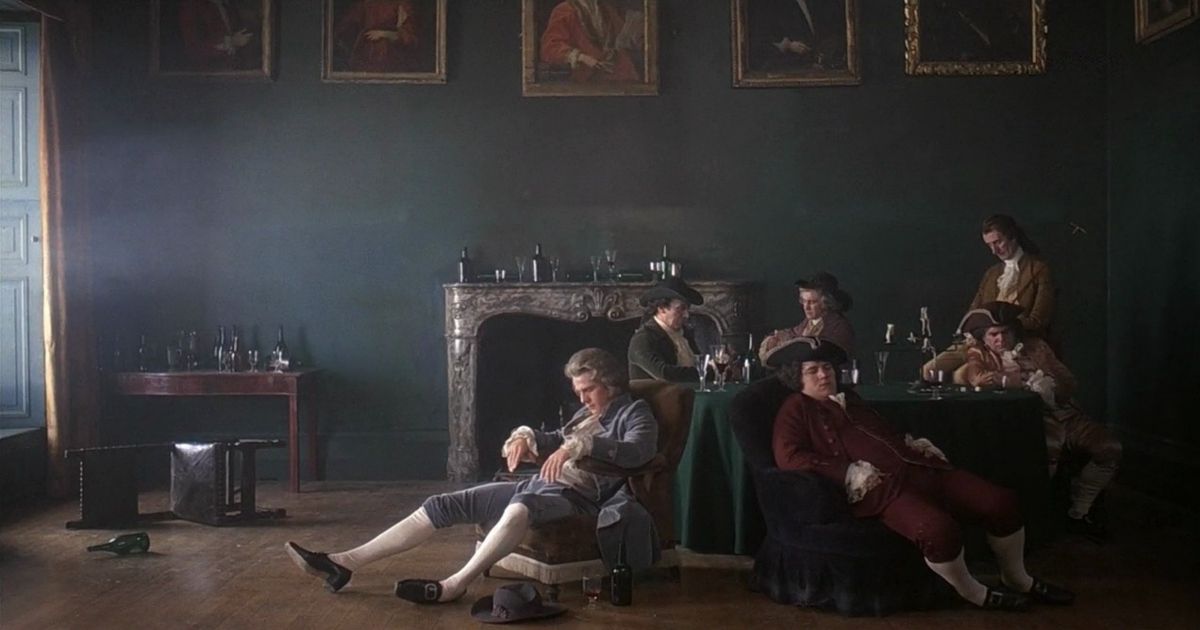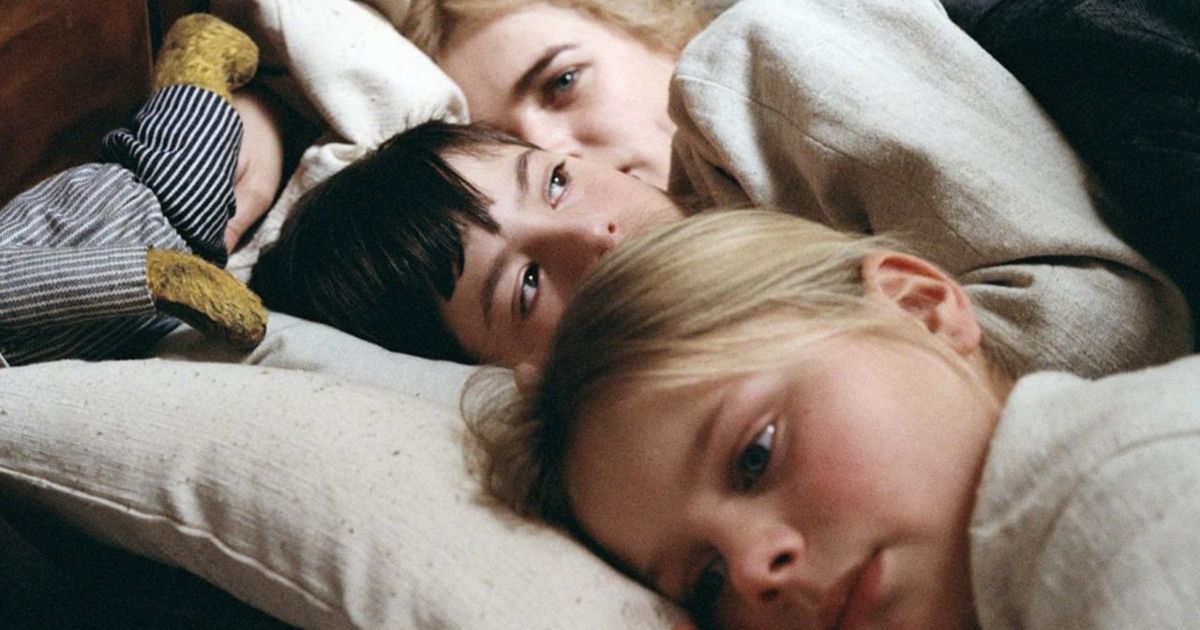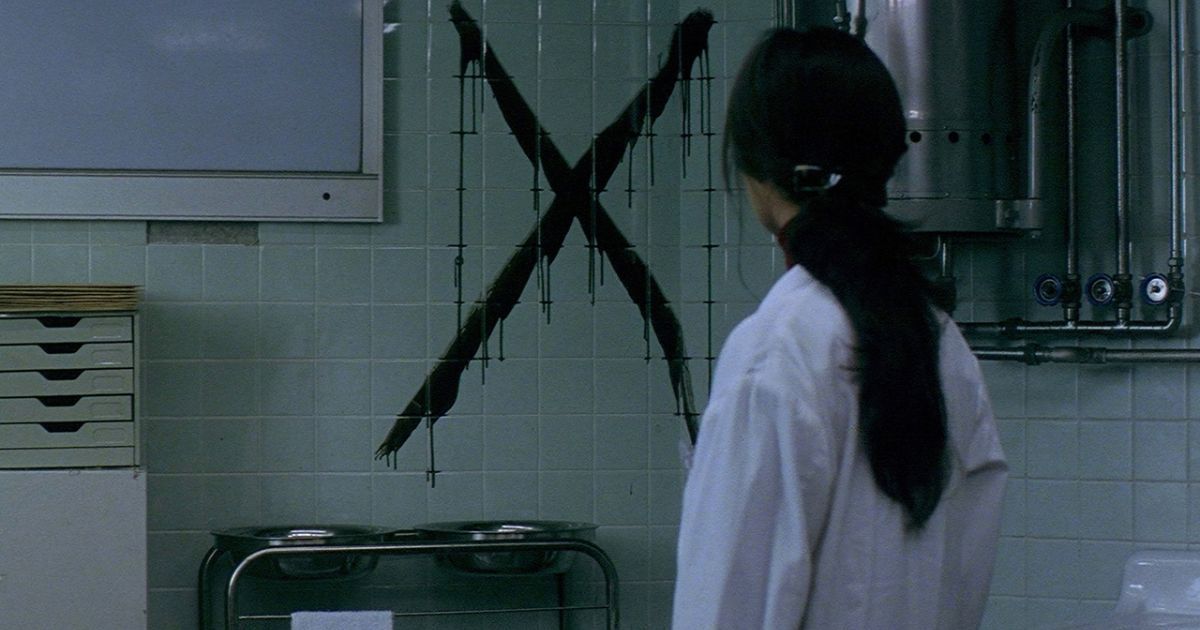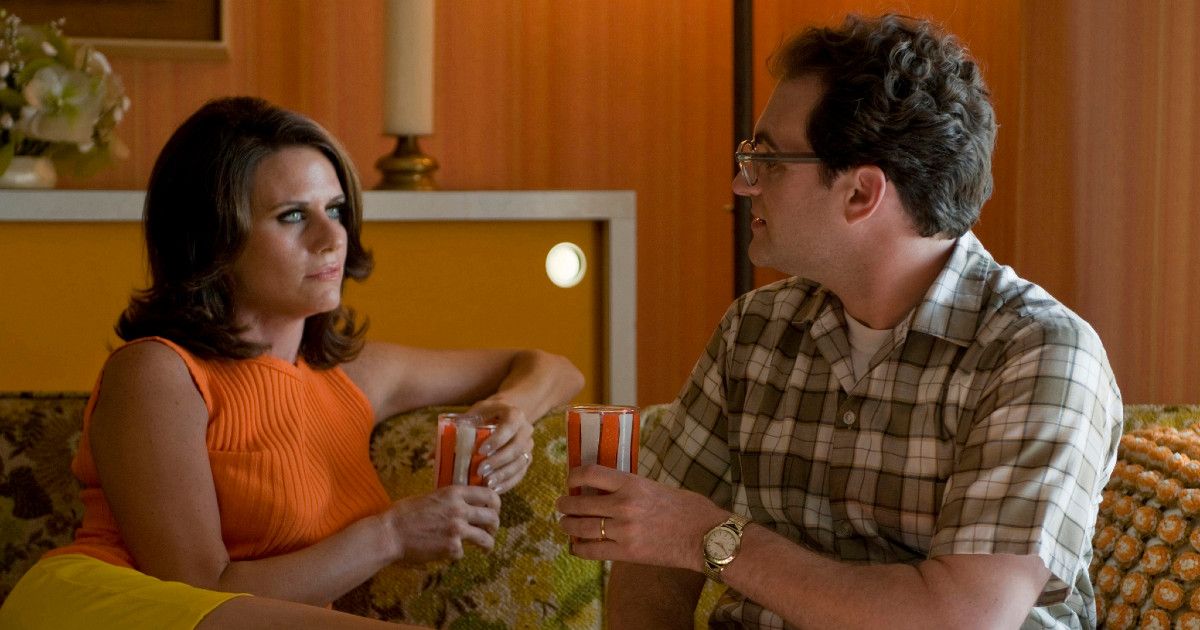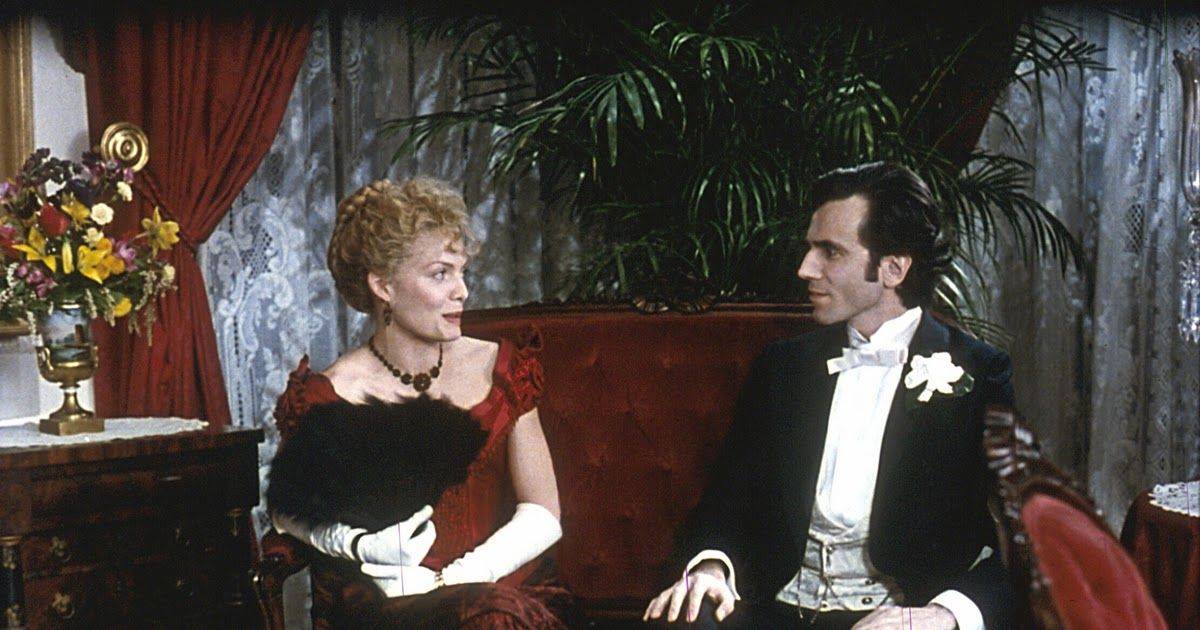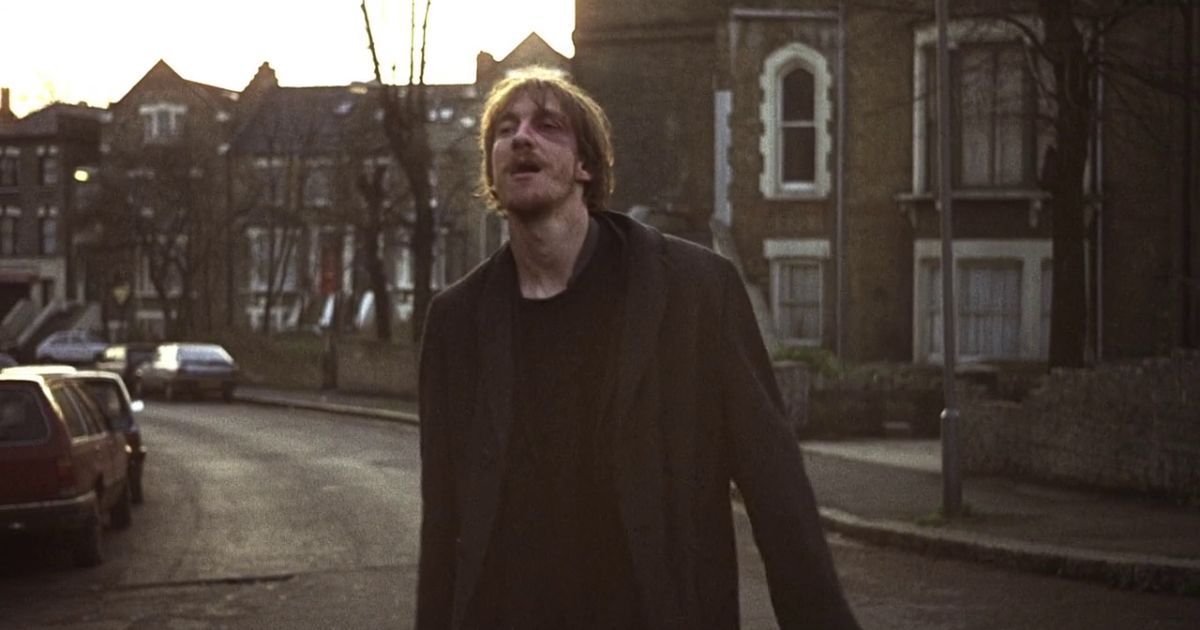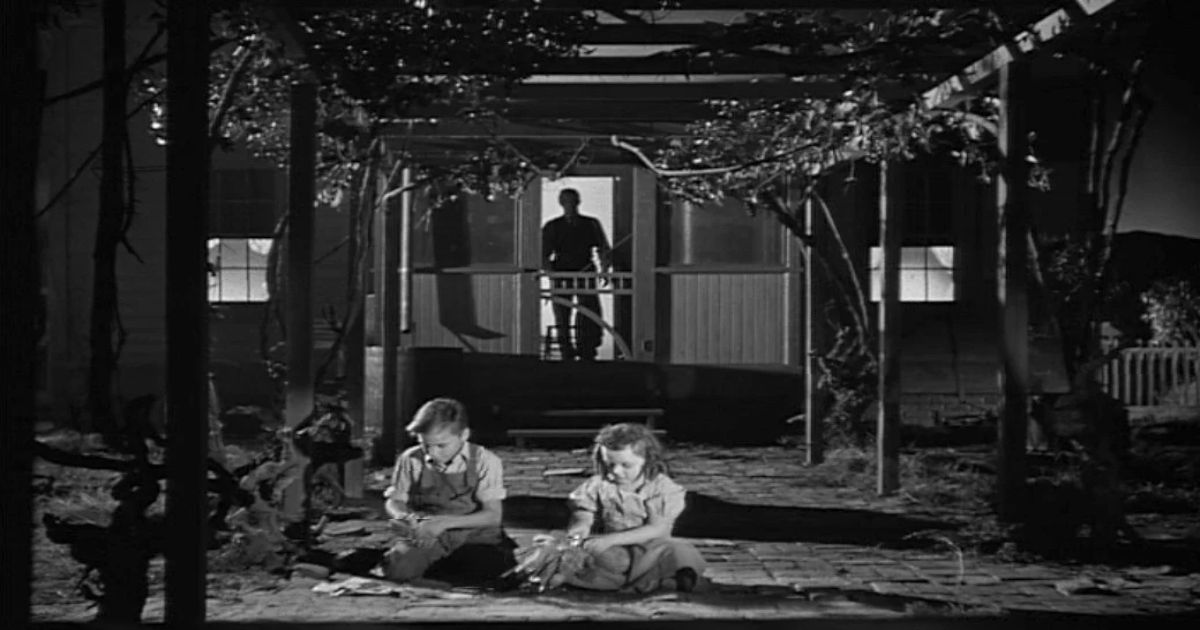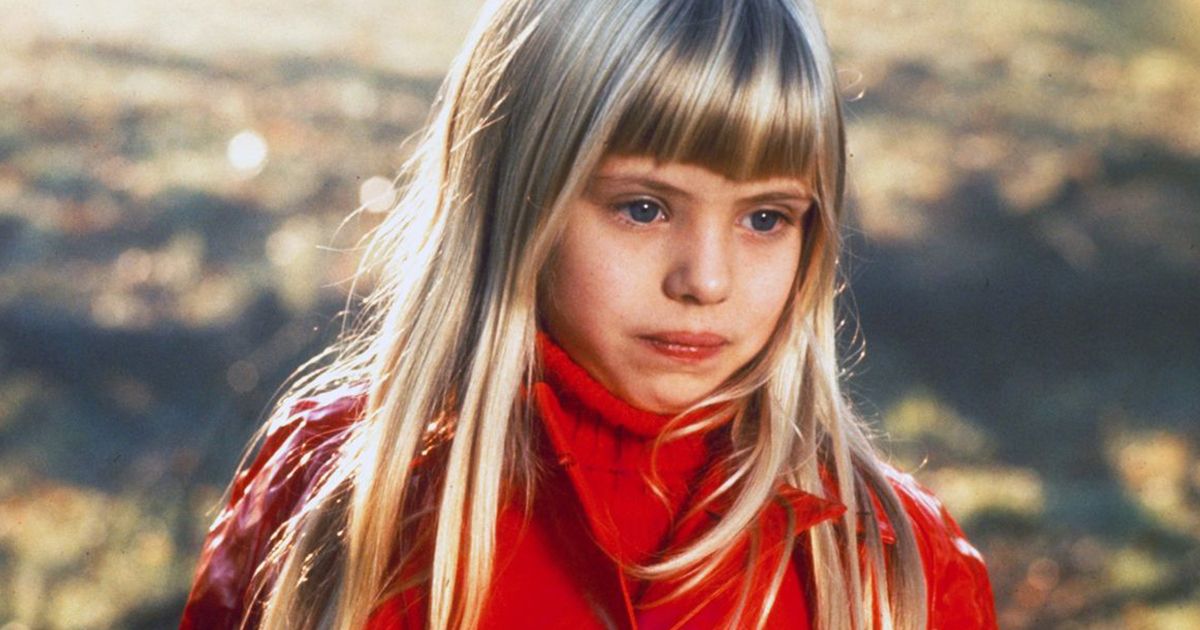Ari Aster rose to prominence immediately after the success of his terrifying debut film, Hereditary, and ever since, he's been sharing insightful movie recommendations. With movies such as Midsommar and Beau Is Afraid, Aster showed a unique talent for balancing drama, horror, and even comedy at times. But most importantly, he has been always eager to share the exciting references that influenced him in his filmmaking path.
Although Aster is predominantly famous for his horror movies, he doesn't like to limit himself to a single genre, as seen in Beau Is Afraid. Mixing absurdist comedy and psychological horror, the director himself called the movie a "Jewish Lord of the Rings" (via EW) to highlight the film's epic proportions. Similarly, Aster likes to navigate through different genres when sharing his favorite movies, which include classic Japanese thrillers and contemporary black comedies. In fact, here are nine of his favorite movies.
9 Songs From the Second Floor (2000)
One of Aster's most surprising favorites is also one of the best: Songs From the Second Floor is a filmed poem and an unusual comedy. Director Roy Andersson is famous for his sharp satires and static long-shots, present in petty much all his films. Songs From the Second Floor is the movie that showed the world he was something else, introducing a range of different characters bonded by the vulnerability of their lives and the eternal longing for companionship.
Through a series of awkward, yet relatable vignettes, Andersson conducts a unique study on the human condition, exploring the contrast between the best and the very worst humanity has to offer. Aster cites Songs From the Second Floor as his favorite Andersson in his individual Sight & Sound top 10 of all time.
8 Barry Lyndon (1975)
A great filmmaker makes a great filmmaker, and Stanley Kubrick is the biggest inspiration of many brilliant directors. Aster's favorite Kubrick movie is an unusual choice: while masterpieces such as 2001: A Space Odyssey or The Shining are usually the first that comes to mind when talking about the iconic filmmaker, Barry Lyndon is the one that has a special spot in his heart. The film follows the exuberant evolution of the humble Redmond Barry into the prestigious, noble Barry Lyndon.
Despite its daunting 185 minutes runtime, Barry Lyndon is a must-watch period movie. For one thing, the cinematography delivers some of the best uses of natural light ever seen on film, and each scene is composed with such attention to detail that countless frames of the movie could be mistaken for a painting.
7 Fanny And Alexander (1982)
Ingmar Bergman's family epic, Fanny and Alexander, is considered one of the best movies of all time by Aster, who picked the movie as his number one Criterion pick, alongside Persona and Cries and Whispers, also from Bergman. What makes Fanny and Alexander the most interesting choice between the three is how it exposes a new side of Bergman; although his distinctive sensibility can be felt in every frame, Fanny and Alexander's semi-autobiographical appeal makes it one of the most invigorating portrayals of loss of innocence. To make it more symbolic, it was Bergman's final film.
In the movie, siblings Fanny and Alexander see their world collapse when their father dies and their mother marries a bishop who harbors terrifying secrets. Bergman always showed a delicate fascination with the unknown, and his final film is a great example of magical realism in cinema. In Fanny and Alexander, there's a thin line between life and death. Unable to deal with the loneliness of eternity, those who perished often return to the story, unaware that those who live share the same problem.
6 Cure (1997)
While visiting the Criterion closet, Aster says that "there's an argument to be made that Cure by Kiyoshi Kurosawa is the greatest movie ever made." Kurosawa might be the best filmmaker to ever deal with the apocalypse of the mind in the horror genre, and Cure showcases that perfectly.
The movie follows the investigation of a series of bloody murders in Tokyo, connected by an "X" marked in each crime scene. Shocked by the mysterious circumstances that surround the case, detective Takabe and psychologist Sakuma unite forces to unmask the truth. Similar to what Aster does in his movies, Kurosawa makes use of shocking violence and a seemingly supernatural threat to expose humanity's darkest side. Cure is an epic game of cat and mouse with a haunting atmosphere from beginning to end.
5 A Serious Man (2009)
The most recent movie in Aster's top 10 of all time for Sight & Sound is A Serious Man by the Coen Brothers, a peculiar comedy with hints of drama that might have influenced Beau Is Afraid's final result. The film revolves around Larry, an ordinary physics professor whose life begins to suddenly fall apart: his wife leaves him for one of his colleagues, his family is dysfunctional, and his career hangs by a thread.
Typical of the best Coen brothers movies, A Serious Man is a great character exercise and delivers relevant moral dilemmas. Topics such as rationality and religion are applied to a comical 60s setting, and the decision to make a period movie like this clearly intends to expose how relevant the issues presented still are decades later. The humor is sharp and hits effectively after a successful first arc, which introduces the quirky set of characters and their simple, yet seemingly unattainable goals.
4 The Age Of Innocence (1993)
Martin Scorsese is another renowned American director among Aster's favorite filmmakers, and his favorite Scorsese film is a precious hidden gem. The Age of Innocence is set in 19th-Century New York, capturing the high society's elegant way of life through the perspective of a charming lawyer and his secret muse. The narrative is filled with intrigues, betrayals, and lust, adapting Edith Wharton's groundbreaking novel.
Citing the movie as one of his Criterion picks, Aster's favorite Scorsese movie shows the veteran filmmaker out of his comfort zone. The Age of Innocence wouldn't be as charming and passionate if it weren't for its star-studded cast, which counts on names such as Daniel Day-Lewis, Michelle Pfeiffer, and Winona Ryder just when their careers began to boom. The exuberant costumes and the sumptuous set design adds up to an immersive experience and an outburst of sensuality.
3 Naked (1993)
Naked is the kind of black comedy that can easily give viewers nightmares. With a haunting lead performance by David Thewlis, which Aster calls his "favorite male performance ever," the film follows Johnny's odyssey across London, striking up conversations with strangers and constantly shifting between the role of victim and perpetrator. Johnny is a mess of a guy: selfish, manipulative, and violent, yet his existential insights make it impossible not to relate with him.
Fans of Aster's films will be happy to know that Naked is just as bleak and unsettling as Hereditary and Midsommar, even though it's far from being a horror movie. It realistically depicts the different kinds of evils that there are in the world, and Thewlis' character might be one of the most controversial protagonists of all time. Director Mike Leigh wants the audience to ask themselves, "Is he the devil, or a wicked sort of messiah?" Naked offers no easy answers and leaves plenty of room for interpretation of its hopeless philosophy and twisted sense of morality.
2 The Night of the Hunter (1955)
When talking about his favorite horror movies for the Academy, Aster calls The Night of the Hunter an "Expressionist masterpiece" and indicates the powerful influence the movie has on contemporary filmmakers. The Night of the Hunter establishes a terrifying game of shadows and introduces one of the creepiest horror movie villains: Harry Powell, a serial-killing preacher that preys on two young children and their precious secret.
Few horror movies understand the power of the dark like The Night of the Hunter. The movie's atmosphere is unmatched, using silence as an effective tool to induce fear. As the two child protagonists run away deep in the woods, in the dead of night, the sound of the preacher singing is enough to send shivers down the spine. Directed by the prolific actor Charles Laughton, it's a shame he never directed another movie.
1 Don't Look Now (1973)
Don't Look Now's anxiety-inducing opening sequence is just a prelude for what's about to come, as reality and dreams meet in a disturbing fashion. Delivering one of the most intimate portrayals of grief in film, the movie follows a couple in Venice coming to terms with the loss of their daughter. When two mysterious sisters approach them with a message from beyond, hints of a supernatural menace linger in the air.
Many clues about the film's mystery are left scattered around in the narrative, which makes Don't Look Now the perfect movie to rewatch. Donald Sutherland and Julie Christie have a powerful chemistry as the leads, turning the film's meandering story into a unique experience, leading up to a disturbing conclusion.

